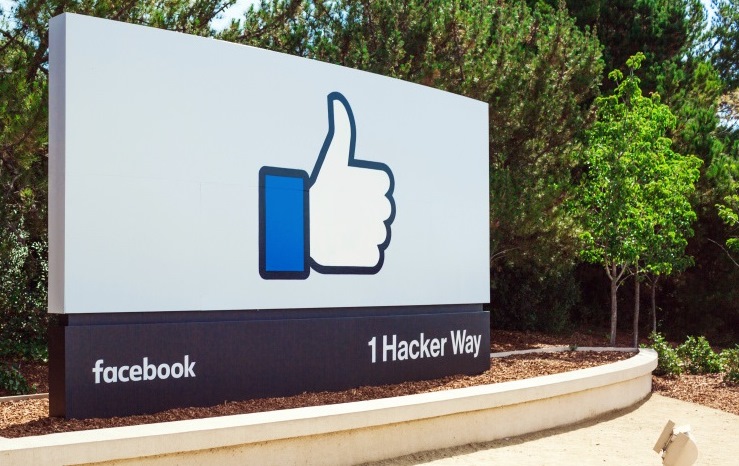Facebook has today announced it will spend $1 billion on the news industry over the next three years.
The move comes less than a week after the social media giant blocked Australian users from accessing news on the site over a new law that forces tech companies to pay for media content.
But following talks with the Australian government at the weekend, which resulted in a number of amendments to the legislation, Facebook unblocked users in the region.
Changes to the law include allowing two months for tech companies to strike private deals for news content before the government arbitrator gets involved.
Facebook said that it has already invested $600 million into the industry since 2018.
In a blog headlined “The Real Story of What Happened With News on Facebook in Australia”, Facebook vice president of global affairs Nick Clegg said that the reason Facebook blocked users in the region was because of a “fundamental misunderstanding of the relationship between Facebook and news publishers."
“It’s the publishers themselves who choose to share their stories on social media, or make them available to be shared by others, because they get value from doing so,” wrote Clegg.
He claimed that last year Facebook generated around 5.1 billion free referrals to Australian publishers worth AU$407 million to the news industry.
The former Lib Dem leader and UK deputy prime minister said that assertions that Facebook steals or takes original journalism for its own benefit “always were and remain false.”
“It is understandable that some media conglomerates see Facebook as a potential source of money to make up for their losses, but does that mean they should be able to demand a blank check?” said Clegg. “That’s what the Australian law, as it was proposed, would have done.
He continued: “Facebook would have been forced to pay potentially unlimited amounts of money to multi-national media conglomerates under an arbitration system that deliberately misdescribes the relationship between publishers and Facebook — without even so much as a guarantee that it is used to pay for journalism, let alone support smaller publishers.”
Clegg compared the pre-amendment law to “forcing car makers to fund radio stations because people might listen to them in the car – and letting the stations set the price.”
“In order to comply, Facebook had two options: provide open ended subsidies to multi-national media conglomerates or remove news from our platform in Australia,” added Clegg. “Thankfully, after further discussion, the Australian government has agreed to changes that mean fair negotiations are encouraged without the looming threat of heavy-handed and unpredictable arbitration.”
Last month Facebook announced deals with The Guardian, Telegraph Media Group, Financial Times, Daily Mail Group, Sky News and others, including local, regional and lifestyle publishers, to pay for content in its Facebook News product in the UK.
The company said that similar deals have been reached with publishers in the US, while in France and Germany the platform is in active negotiations.
Latest News
-
EU plans to bar Huawei and ZTE from critical infrastructure networks
-
Indra wins TfL contract to run London ticketing systems
-
Japan ‘launches government probe’ into Grok
-
Social media sites stop access to 4.7m under-16 accounts in Australia
-
Government announces £52m funding to support British robotics and defence tech firms
-
Swift to launch blockchain-based shared ledger after successful digital asset pilot
The future-ready CFO: Driving strategic growth and innovation
This National Technology News webinar sponsored by Sage will explore how CFOs can leverage their unique blend of financial acumen, technological savvy, and strategic mindset to foster cross-functional collaboration and shape overall company direction. Attendees will gain insights into breaking down operational silos, aligning goals across departments like IT, operations, HR, and marketing, and utilising technology to enable real-time data sharing and visibility.
The corporate roadmap to payment excellence: Keeping pace with emerging trends to maximise growth opportunities
In today's rapidly evolving finance and accounting landscape, one of the biggest challenges organisations face is attracting and retaining top talent. As automation and AI revolutionise the profession, finance teams require new skillsets centred on analysis, collaboration, and strategic thinking to drive sustainable competitive advantage.
© 2019 Perspective Publishing Privacy & Cookies








Recent Stories